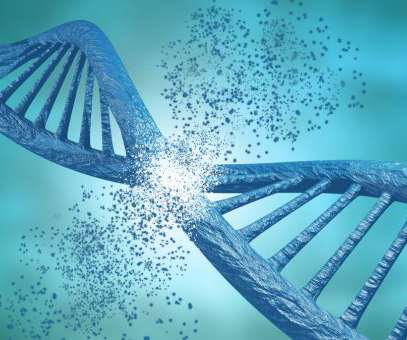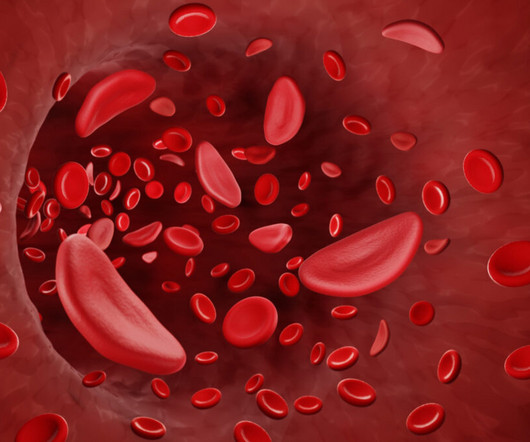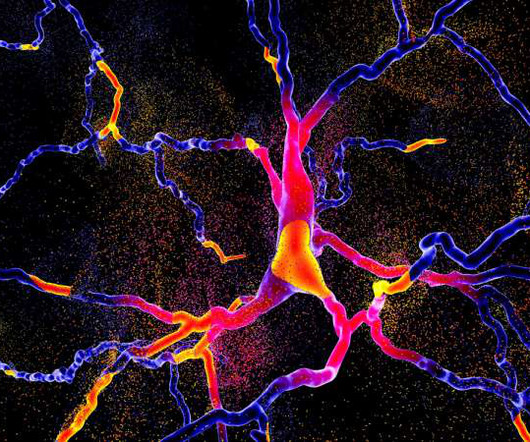FDA approves first in vivo gene insertion programme in infants
Drug Discovery World
APRIL 10, 2024
iECURE has been given the go-ahead to begin US trials of its investigational gene editing-based therapy in newborn males with neonatal onset Ornithine Transcarbamylase (OTC) deficiency. The post FDA approves first in vivo gene insertion programme in infants appeared first on Drug Discovery World (DDW).














Let's personalize your content